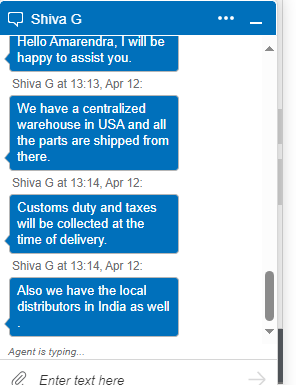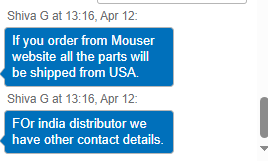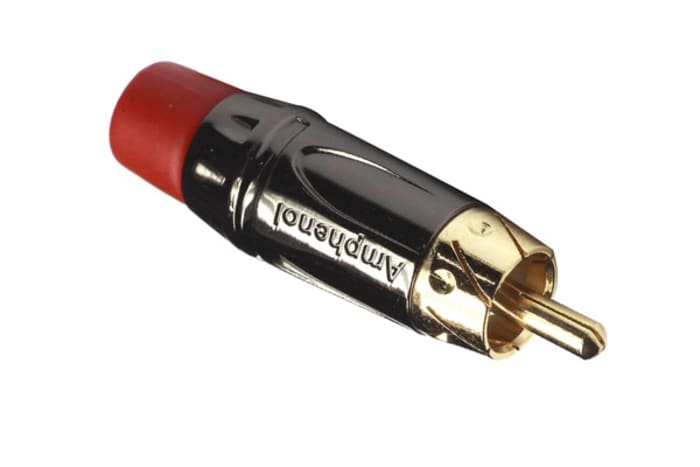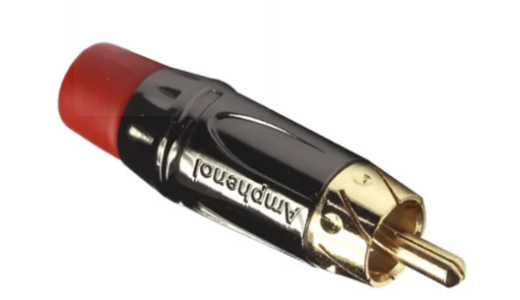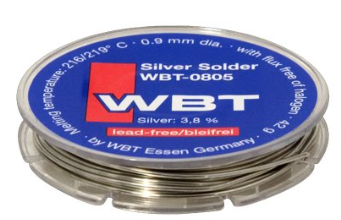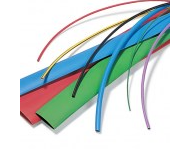Hi,
Completed a small DIY project of building my own RCA cables on trial basis. Cable used was shielded Belden 8451 cable (22AWG tinned copper). The cable is made with a lot of attention to detail. Within the PVC cover lies a thin sheet of tissue. Under that is the shielding, then 3 wires- a red a black and a bare wire which i suppose is for grounding (see snap).
I had previously cut open a Bandridge RCA cable just to see the quality of cables and the construction of the cable but was quite disappointed to see just thin copper strands inside.
The Belden 8451 is also quite thin but once you start braiding the strands you realize the thickness and solidity of the cable.
As seen on youtube I made the cable unidirectional by keeping the output end comprising of all 3 wires- black, red and the uncovered ground cable. The input end just comprises of 2 wires- black and red.
I used RCA plugs from Amazon which were lying around unused but honestly not happy with the quality here. They are oxidized + they either fit too snugly or too loose.
Requesting some recommendations on the RCA plugs- brands + source.
Currently the cable is connected between my Schiit Modi+ DAC and the tube pre- amp which feeds into the Rotel amp. If I find good RCA plugs I will build another pair between the pre- amp and the Rotel.
My soldering skills are pretty bad- each time I burn a finger or two and the soldering is barely done. I also found that the soldering metal does not stick that well to the RCA plug hence looking for better plugs.
Sound Quality
I was happy that the cable worked in one shot without any tinkering. I find the sound to be sweet (obviously since I made it myself . But to be honest as I replaced cables- both speaker (tin vs copper) and now RCA I find the background going quite dark. I also find the high frequencies to be slightly rolled off and some substance/grunt added to lower mid range. I can now notice these differences after shifting to the KEF LS 50 Metas which tend to be very transparent and revealing.
. But to be honest as I replaced cables- both speaker (tin vs copper) and now RCA I find the background going quite dark. I also find the high frequencies to be slightly rolled off and some substance/grunt added to lower mid range. I can now notice these differences after shifting to the KEF LS 50 Metas which tend to be very transparent and revealing.
Thanks for reading
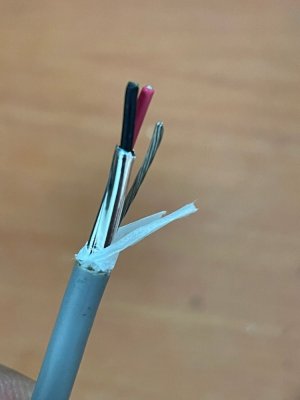
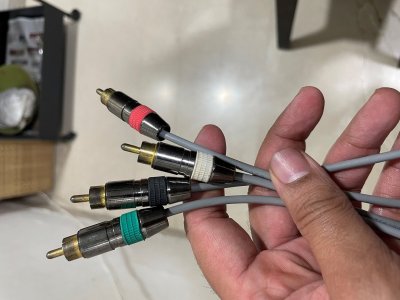
Completed a small DIY project of building my own RCA cables on trial basis. Cable used was shielded Belden 8451 cable (22AWG tinned copper). The cable is made with a lot of attention to detail. Within the PVC cover lies a thin sheet of tissue. Under that is the shielding, then 3 wires- a red a black and a bare wire which i suppose is for grounding (see snap).
I had previously cut open a Bandridge RCA cable just to see the quality of cables and the construction of the cable but was quite disappointed to see just thin copper strands inside.
The Belden 8451 is also quite thin but once you start braiding the strands you realize the thickness and solidity of the cable.
As seen on youtube I made the cable unidirectional by keeping the output end comprising of all 3 wires- black, red and the uncovered ground cable. The input end just comprises of 2 wires- black and red.
I used RCA plugs from Amazon which were lying around unused but honestly not happy with the quality here. They are oxidized + they either fit too snugly or too loose.
Requesting some recommendations on the RCA plugs- brands + source.
Currently the cable is connected between my Schiit Modi+ DAC and the tube pre- amp which feeds into the Rotel amp. If I find good RCA plugs I will build another pair between the pre- amp and the Rotel.
My soldering skills are pretty bad- each time I burn a finger or two and the soldering is barely done. I also found that the soldering metal does not stick that well to the RCA plug hence looking for better plugs.
Sound Quality
I was happy that the cable worked in one shot without any tinkering. I find the sound to be sweet (obviously since I made it myself
Thanks for reading




